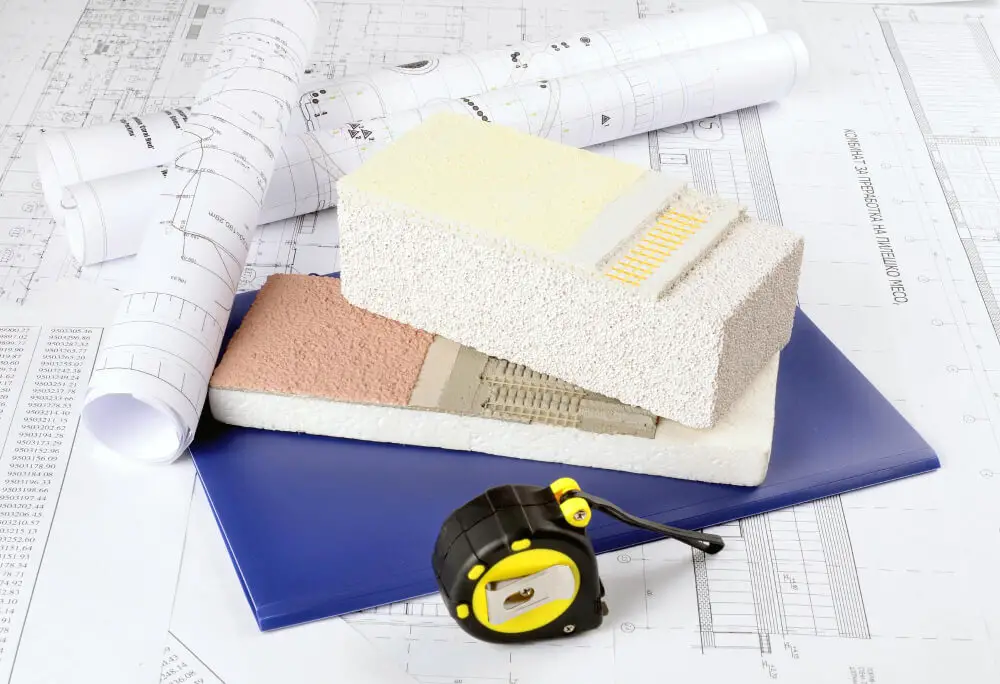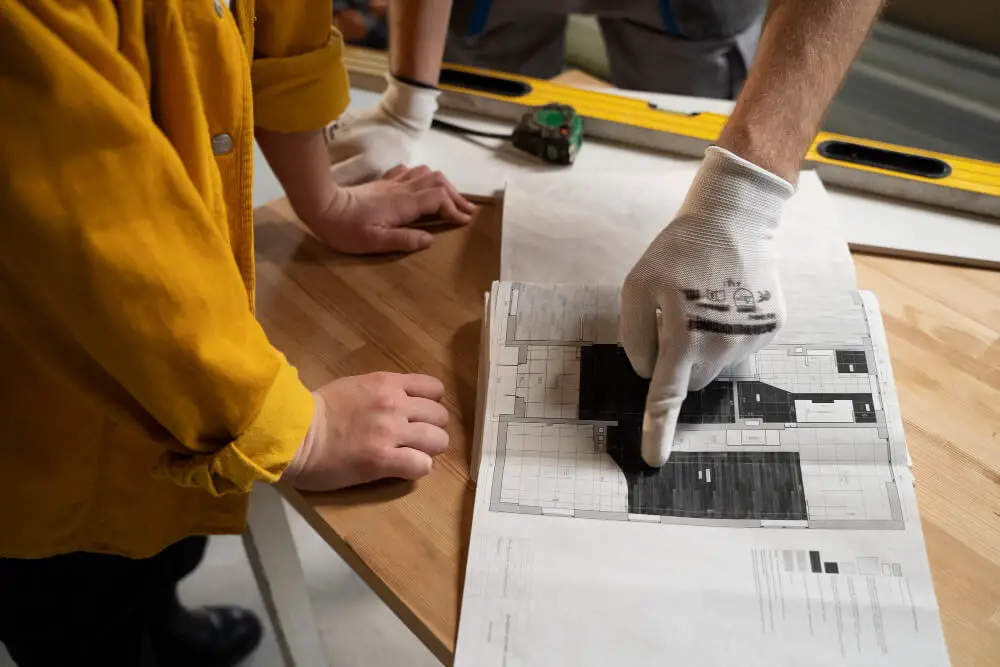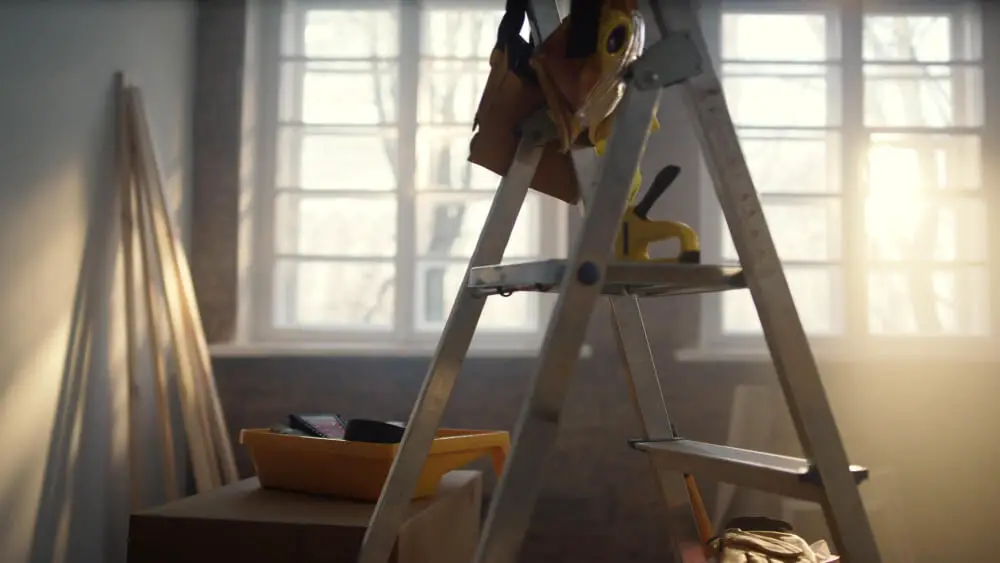Just bought a house? The excitement is real—and so is the overwhelm. Many new homeowners step inside their first property brimming with ideas: rip out the dated wallpaper, upgrade the kitchen, maybe even open up a wall or two. But very quickly, first-time homeowners realize that a dream renovation takes much more than enthusiasm and Pinterest boards.
While those online before-and-after transformations may look effortless, real-life home improvement is messy, expensive, and full of unexpected turns. These home renovation tips for first-time homeowners are designed to help navigate the process with fewer regrets and smarter choices.
Planning vs. Demolition: Don’t Swing the Hammer Too Soon
The urge to demolish outdated features the moment keys are in hand is strong—but restraint is key. Every successful renovation starts with thoughtful planning.
Renovation Planning Checklist:
- Take detailed photos of every room
- Create accurate floorplans with measurements
- Make a list of what needs replacement vs. what can be refreshed
- Identify electrical, plumbing, or load-bearing features before removing anything
Living in the home for a few weeks before starting renovations allows new homeowners to understand how the space actually functions. For instance, that charming breakfast nook may have great lighting in the morning but be freezing cold in winter. Firsthand experience often reshapes renovation priorities.
Pro Tip: Avoid removing functional systems (like plumbing or gas lines) until new layouts are confirmed. Many first-time home renovation mistakes happen because of spontaneous demo decisions.
Budget Reality Check: Expect the Unexpected
If there’s one renovation rule that holds true across every project, it’s this: always expect surprises—and build a buffer into the budget.
Unexpected costs often include:
- Structural repairs
- Mold or water damage
- Asbestos or lead removal in older homes
- Upgrades to outdated wiring or plumbing
A project estimated at $10,000 can easily reach $13,000 or more. Creating a spreadsheet to track spending—including small items like tools, paint samples, and delivery fees—prevents the total from spiraling out of control.
For smarter financial planning, aim to budget 20–30% more than initial estimates. This is one of the most essential budgeting tips for home renovation success.
DIY or Hire a Pro? Know the Difference
DIY can be rewarding—but it’s not always the best route. While some tasks are perfect for beginners, others can lead to costly damage or safety hazards.
Safe DIY Home Renovation Tasks:
- Painting interior walls
- Changing cabinet knobs and drawer pulls
- Installing peel-and-stick backsplash tiles
- Hanging curtains and wall décor
- Replacing basic light fixtures (with the power off)

Renovation Tasks That Should Be Left to Professionals:
- Structural changes (removing walls, expanding doorways)
- Major electrical work
- Plumbing modifications
- Roofing repairs or replacements
- HVAC installation or duct rerouting
One common mistake among new homeowners is underestimating the complexity of flooring installation. Improper subfloor prep or lack of expansion gaps can lead to buckling—requiring the entire floor to be replaced.
Roof repairs or replacements (even small leaks can indicate bigger problems that a professional Chester roofing company should evaluate. Most homeowners don’t realize that issues like missing shingles, curling edges, or roofs older than 15 years often require professional attention.
A quick inspection by experts can identify problems like dry rot or termite damage before they lead to costly interior water damage.
Hiring professionals doesn’t mean handing over total control. It means ensuring critical work is done safely and up to code. For high-risk tasks, investing in professional labor saves money in the long run.
How to Find Reliable Contractors
One of the most overlooked home renovation tips is also one of the most important: who you hire matters as much as what you renovate.
To find the right contractor:
- Get at least three detailed quotes
- Ask for references and check their past work
- Look up licensing and insurance
- Read recent reviews on multiple platforms (not just Google)
- Ask detailed questions about timelines, materials, and communication

The cheapest bid isn’t always the best—and someone who’s available to start immediately may not be in high demand for a reason.
When evaluating contractors, trust instincts. If communication is unclear before the contract is signed, it’s unlikely to improve during the renovation process.
Permits and Paperwork: Don’t Skip These Steps
One of the biggest first-time homeowner renovation mistakes is skipping permits. It may seem like a way to save time and money, but it can lead to serious issues down the line:
- Insurance may deny coverage for damage caused by unpermitted work
- Unpermitted changes can stall or derail future home sales
- Fines or forced corrections from the city may occur if discovered
Visit the local permit office or municipal website to understand what’s needed. For many homeowners, the process is faster and easier than expected—and well worth the peace of mind.
How to Live Through a Renovation Without Losing Your Mind
Some rooms are harder to live without than others. Kitchen and bathroom renovations are particularly disruptive.
Tips for Surviving Renovation at Home:
- Set up a temporary kitchenette with essentials (microwave, kettle, fridge)
- Use painter’s tape and plastic sheeting to seal off dust zones
- Move valuables and electronics away from work areas
- Turn off the HVAC in rooms under renovation to protect the system
For large projects or homes with small children or pets, temporary relocation may be a worthwhile consideration. Protecting mental well-being during a months-long project is just as important as protecting furniture.
Avoiding the Most Common First Renovation Mistakes
Many first-time homeowners fall into the trap of doing too much, too fast. The key to success often lies in phasing projects:
- Start with essential systems: electrical, plumbing, HVAC
- Focus on high-impact spaces like the kitchen or main bathroom
- Leave cosmetic projects (like guest room paint or decor) for later
Also, don’t cheap out on high-traffic surfaces or fixtures—flooring, faucets, doorknobs, and appliances are used daily and should last for years.
Lastly, take plenty of before-and-after photos—not just for the memories, but for practical use. Photos can help remember what’s inside walls, how plumbing was rerouted, or what paint color was used.
Final Thoughts: Renovate With Realism and Patience
The first renovation project will always be the most intense. Mistakes will happen. Budgets will stretch. Schedules may go off track. But the feeling of transforming a house into a true home is one of the most rewarding aspects of homeownership.
With these must-know home renovation tips, new homeowners can make confident, informed decisions—balancing inspiration with strategy. Whether it’s a small bathroom refresh or a full-scale remodel, success starts with preparation, realistic budgeting, and the right professionals.






